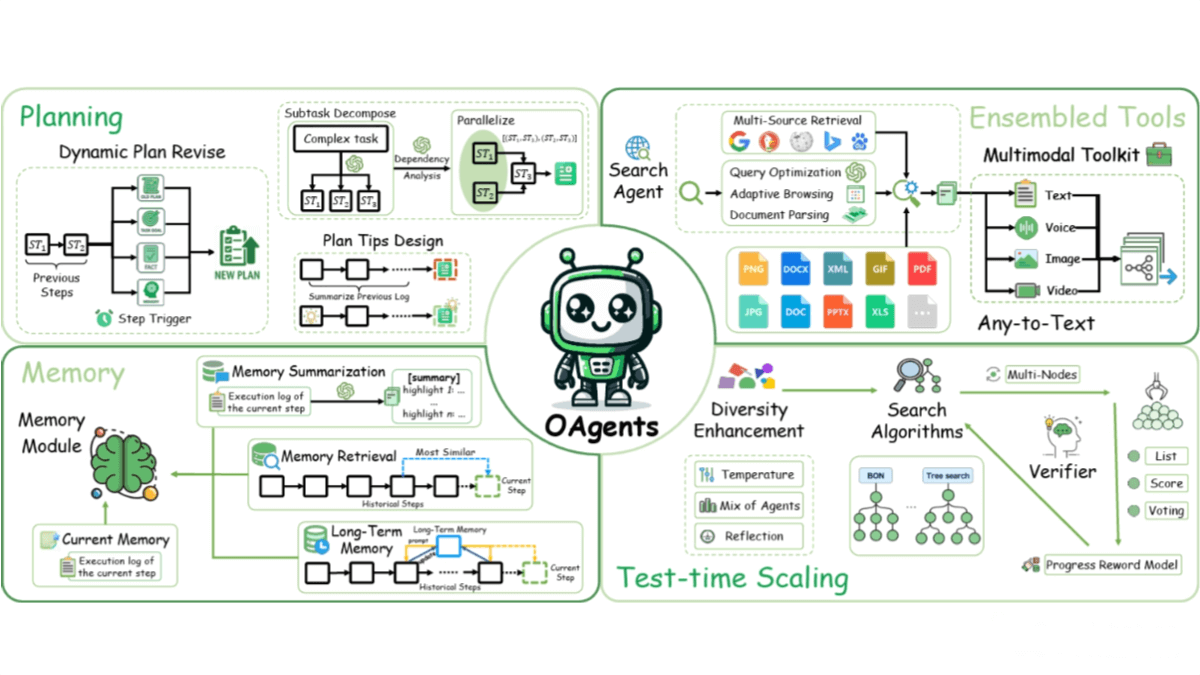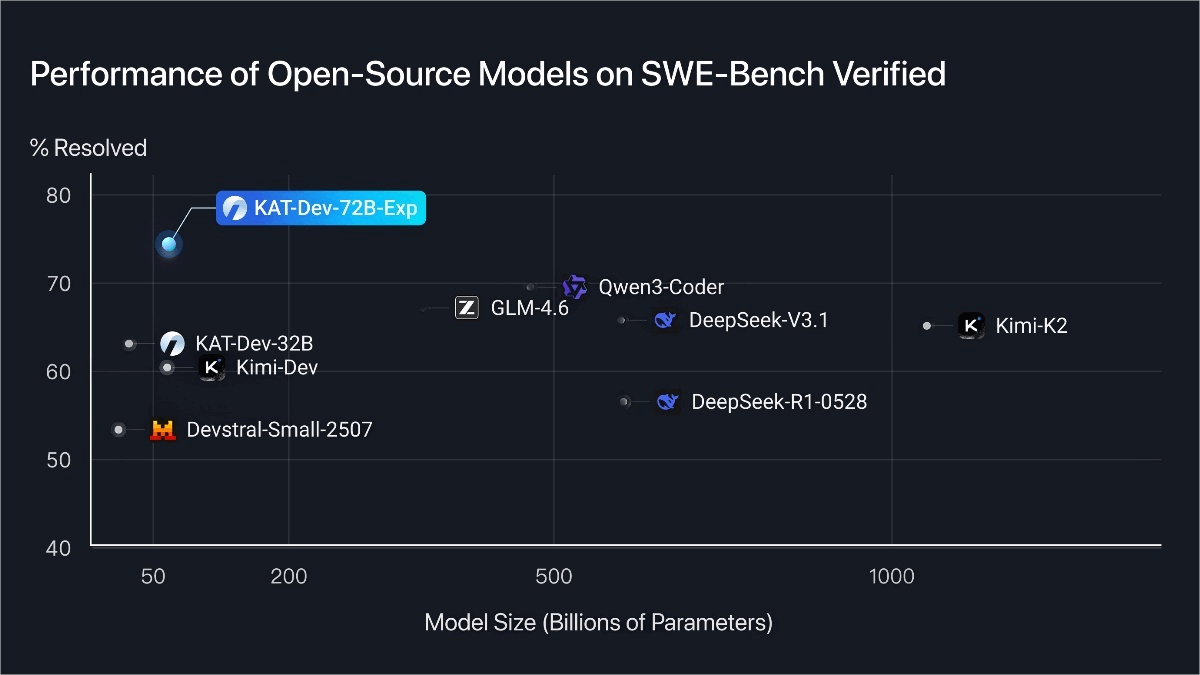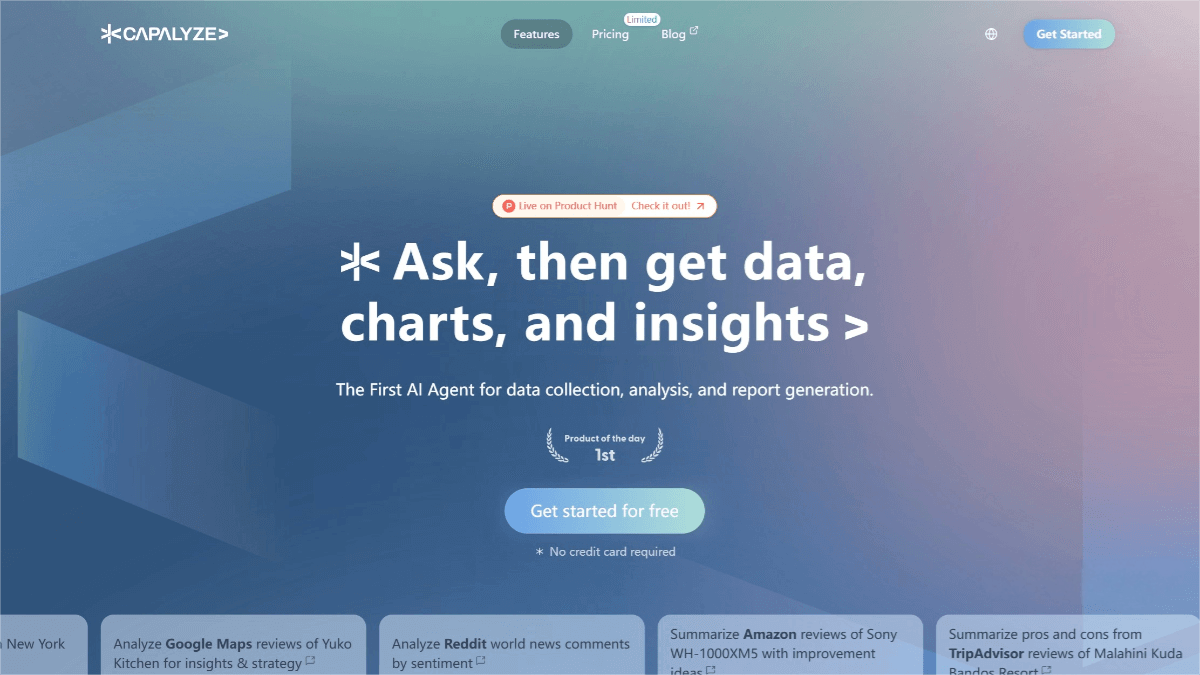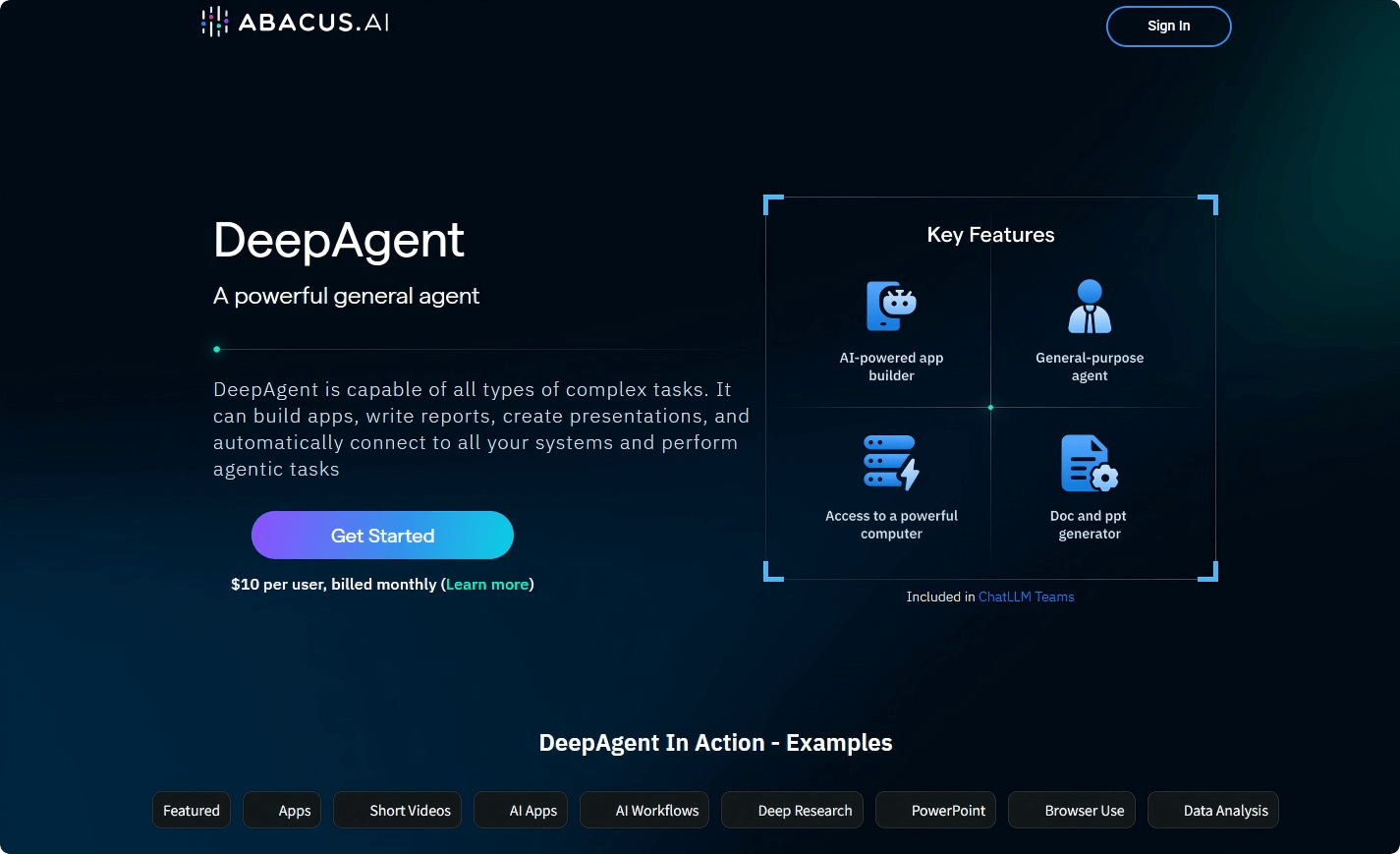TRAE Agent – A smart assistant open-sourced by ByteDance, specifically designed for software engineering tasks
What is TRAE Agent?
TRAE Agent is an open-source, large language model (LLM)-based intelligent assistant developed by ByteDance, specifically designed for software engineering tasks. It operates autonomously like a seasoned software engineer, capable of handling complex tasks such as bug reproduction, proposing fixes, understanding codebases, and writing high-quality code. On the recent SWE-bench Verified leaderboard, TRAE Agent achieved a leading solve rate of 75.2%, successfully completing 376 out of 500 real-world tasks. It interacts with environments through a variety of tools—such as file editing, Bash execution, and structured reasoning—and supports multiple LLMs (e.g., Claude, Gemini) via a unified and flexible interface. Its patch selection strategy combines syntax voting and multi-agent validation, significantly improving accuracy. TRAE Agent provides full observability, logs every action, supports real-time terminal output, and enables users to easily create custom agents via its modular architecture.

Key Features of TRAE Agent
-
Autonomous Operation and Codebase Exploration
Capable of independently navigating codebases, identifying relevant files, and making necessary modifications. -
Multi-Model Support
Compatible with multiple LLMs such as OpenAI and Anthropic. Easy to configure and flexible for various development needs. -
Powerful Tool Integration
Equipped with built-in tools like file editors and script executors. Supports multi-turn interaction for complex programming scenarios. -
Multi-Step Task Planning
Decomposes complex tasks into actionable steps and processes them sequentially. -
Robust Context Understanding
-
Web Context: Automatically fetches and extracts web content through online search.
-
Document Context: Supports uploading or linking up to 1000
.mdor.txtfiles. -
Multi-Type Inputs: Accepts diverse inputs like Figma links, product prototype documents, etc.
-
-
Custom Agent Creation
Users can configure custom prompts and toolsets to build personalized AI assistants for tasks like system design and code refactoring. -
Security and Audit Mechanism
Includes full-chain auditing, recording all operations for easy debugging and traceability. -
Task Orchestration and Automation
Integrated with MCP (Multi-tool Collaboration Protocol), enabling automated workflows including task decomposition, resource allocation, execution monitoring, and result aggregation. -
Code Generation and Optimization
Supports generating code from natural language descriptions, auto-completion, and real-time preview and refinement.
Technical Architecture of TRAE Agent
-
LLM as the Core Brain
TRAE Agent relies on large language models for logical reasoning, task planning, and natural language understanding. -
Task Decomposition and Planning
Uses the Chain of Thought (CoT) capabilities of LLMs to break down complex tasks into subtasks with executable steps. -
Step-by-Step Reasoning and Execution
Follows the ReACT (Reasoning and Acting) framework—planning during the reasoning phase, executing sub-tasks via tools, and refining plans in response to execution feedback.
Project Repository
Application Scenarios for TRAE Agent
-
Code Generation and Auto-Completion
Generates code snippets from natural language prompts and supports multiple programming languages. -
Code Optimization and Refactoring
Identifies performance bottlenecks and suggests improvements using built-in code analysis tools. -
Test Case Generation
Automatically creates test cases covering normal, edge, and error conditions. -
Automated Testing Pipeline
Leverages the MCP protocol to automate the testing pipeline, including dynamic test generation and parallel execution. -
Code Quality Inspection
Uses the CodeAnalysis Agent to check code quality, integrates security scanning tools via MCP, and auto-generates review reports. -
Real-Time Code Analysis
Analyzes code in real-time to identify potential bugs and style issues, helping developers write more robust and compliant code.
Related Posts




